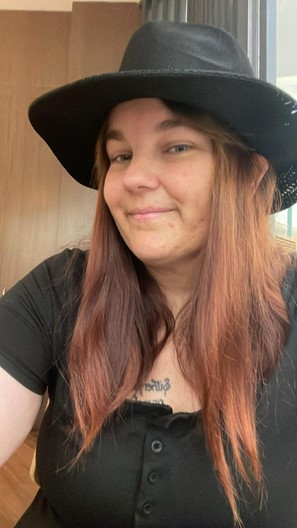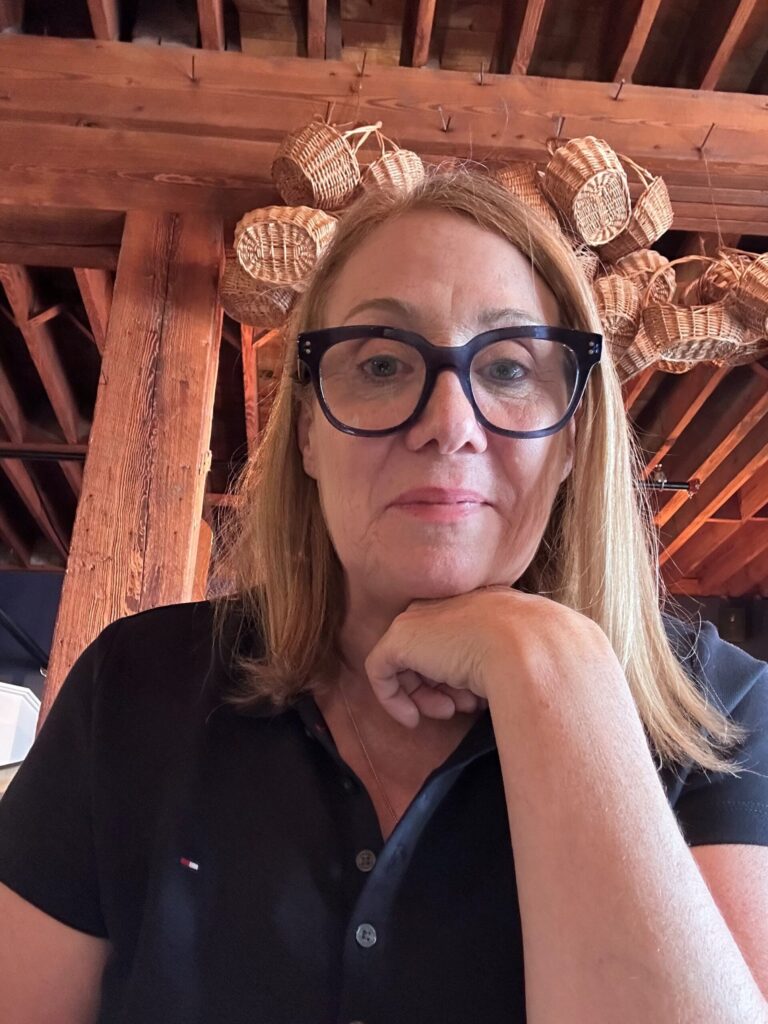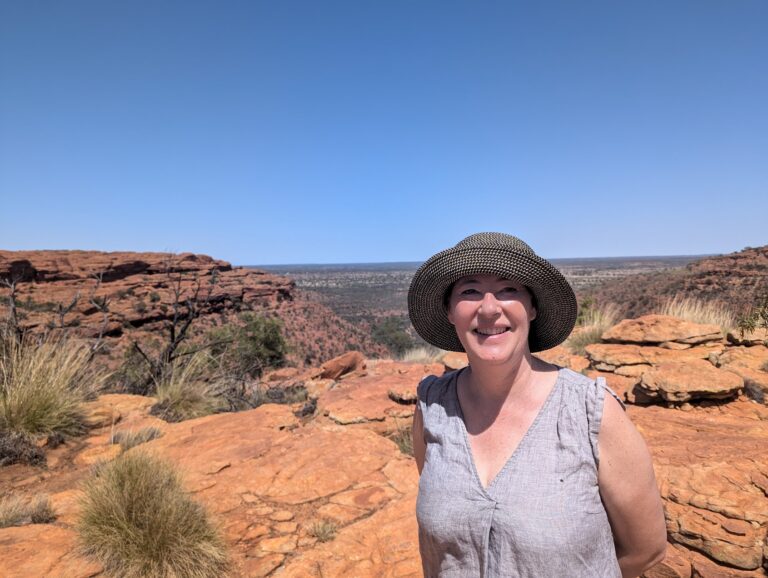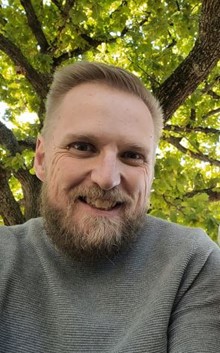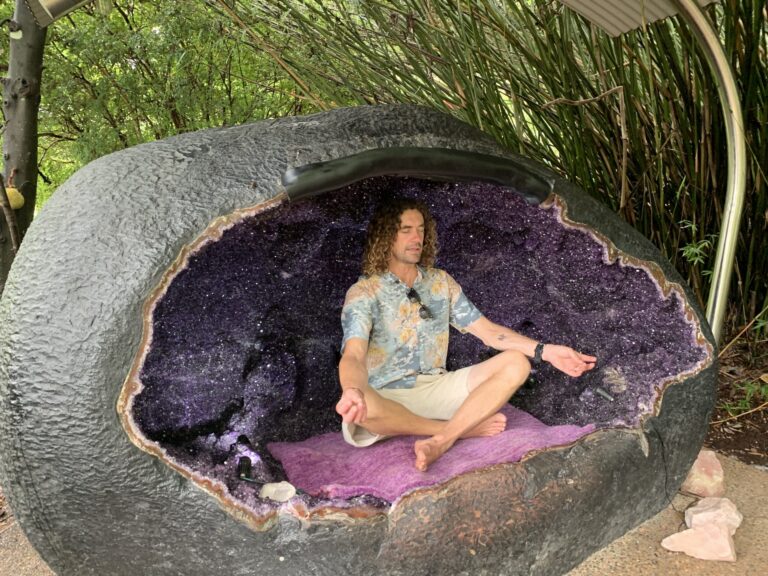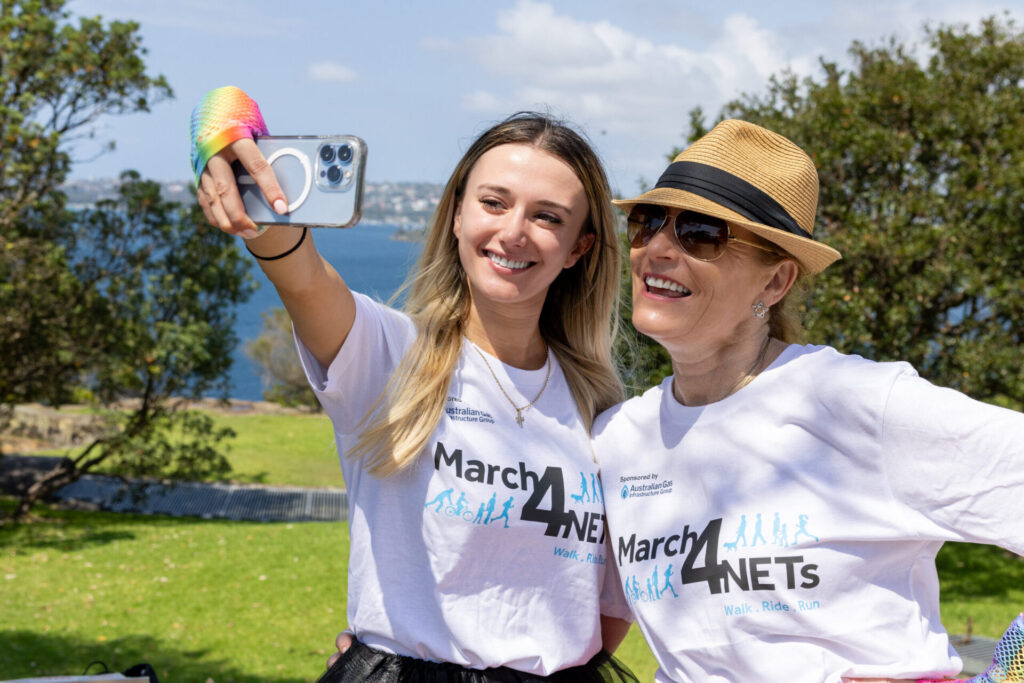Diagnosed with PNETs with Liver Metastases
My diagnosis was an accidental find. I hadn’t even heard of neuroendocrine cancer before that day. But in hindsight, there were signs something wasn’t right.
For several years, I had been experiencing what I thought were just intense menopausal symptoms. I was always tired — and not just the usual “busy woman” tired. I was working a fairly demanding job and caring for my ageing mum, so I kept putting it down to the stress of life. But the exhaustion was relentless. I also had nausea, brain fog, cramping, constipation — things I figured were all part of perimenopause.
Whenever I’d mention it to my girlfriends, they’d say the same thing: “That’s just menopause.” So I kept pushing through. I thought, “Okay, I just have to get on with it.” But deep down, I knew the fatigue was something more. It felt too extreme.
I eventually went to my GP, explained how I was feeling, and had some blood tests done. Everything came back in the normal range, which left me second-guessing myself. “Am I imagining this?” I wondered. “Is this just life now?”
I decided to take matters into my own hands — bought a treadmill, started eating better, exercising more. But nothing helped. I was still exhausted. Eventually, I switched to a new GP who specialised in women’s health. She suspected it was menopause-related too and started me on HRT. For a while, I felt like I was managing it. I told myself, “This is fine. I’m doing the right things. I’ve got it under control.” But the hot flushes continued. The fatigue never left.
Then, one quiet Monday, everything changed.
I had this niggling pain in my side that had been getting worse. I also had a fever, so I called my doctor to book in. Because of COVID protocols, they told me to go straight to emergency.
At the hospital, they thought it might be diverticulitis and sent me for scans. A few hours later, while I was waiting to be moved to a ward, the doctor came back in and said something I’ll never forget: “We’ve found a large mass on your pancreas, and it’s already spread to your liver.”
In that moment, everything just crumbled. One minute, I was thinking I’d be home in a day or two. The next, I was being told I had stage-four, inoperable cancer.
It’s incredibly surreal and incredibly lonely. You go from believing everything is probably okay… to being hit with the kind of news that changes your whole life in a sentence.
After the initial shock, one of the biggest challenges was simply understanding what I was facing. We had never heard of neuroendocrine cancer — not me, not my family. That’s why the support and information from NeuroEndocrine Cancer Australia was absolutely vital. They gave us the language, the resources, the clarity — all in a way that was easy to understand during a really overwhelming time.
I also found comfort in the online community. The Facebook support group was — and continues to be — a lifeline. Reading other people’s experiences makes you feel less alone. You realise you’re not the only one navigating this strange and unfamiliar road.
This journey has been one of uncertainty and adjustment. But through it all, having access to the right information and being able to connect with others who get it has made a world of difference.
Click this link to read Jo’s April 2025 News story here.
